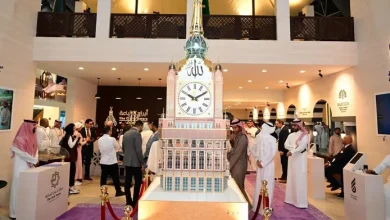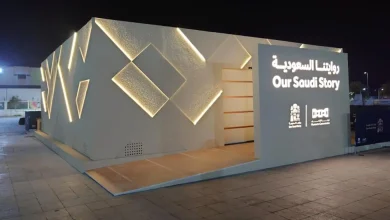
The Hajj Conference and Exhibition hosted a dialogue session today examining the cultural and social aspects of Hajj, with a focus on the symbols, customs, and traditions that have shaped the collective memory of Muslim communities through the ages. Speakers emphasized that Hajj is not only a sacred religious duty, but also a deeply human and cultural experience that profoundly impacts the shared identity of the Muslim world.
The session stressed the need to document and preserve oral histories and heritage artifacts connected to Hajj, while encouraging collaboration between universities, museums, and research institutions to strengthen academic work in this field.
Participants also highlighted the essential role of museums and folk artifacts in safeguarding the legacy of Hajj. They noted that photographs, personal items, and gifts brought home by pilgrims serve as tangible expressions of the pilgrimage’s human dimension. Preserving and showcasing these pieces, they added, helps future generations connect with the spiritual, cultural, and historical richness of Hajj, ensuring its legacy remains vibrant and enduring.
Related Topics:
Saudi Hajj Minister Awarded Malaysia’s ‘Hijra Personality of the Year’
SBA Achieves Media Excellence in 1446 Hajj
‘Ask Me’ Service Assists over 1.2 Million Pilgrims during Hajj







